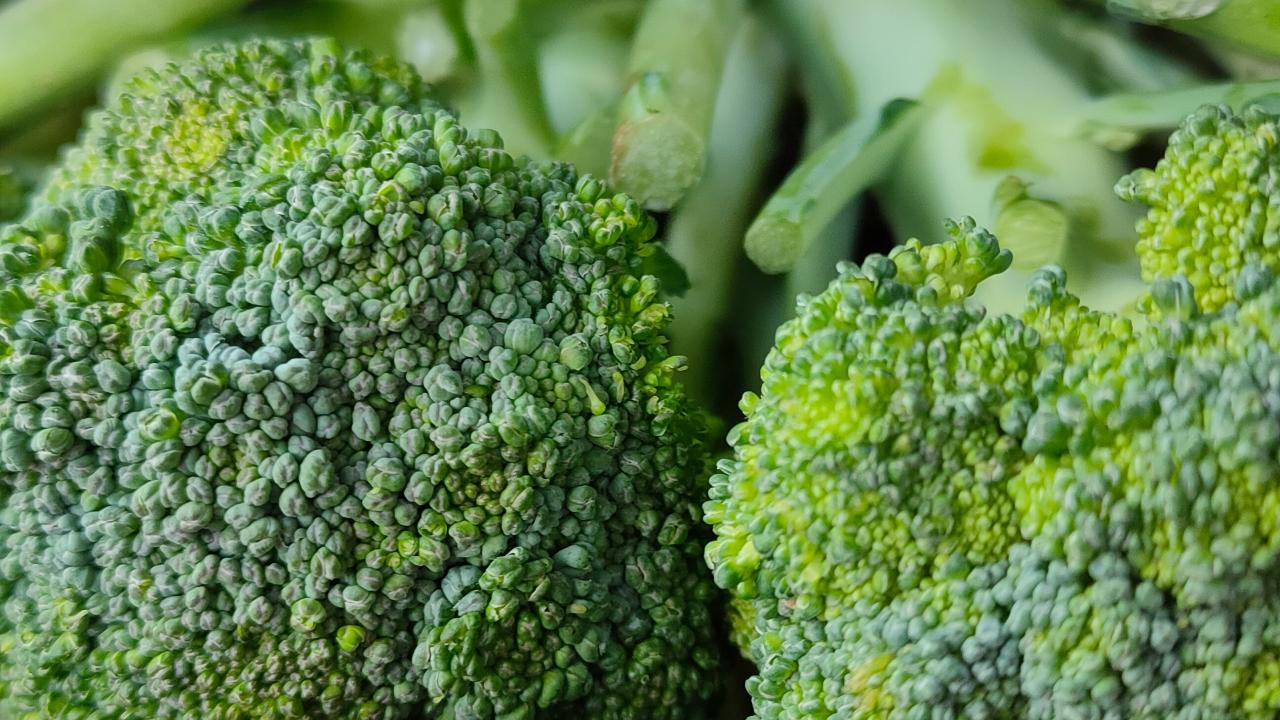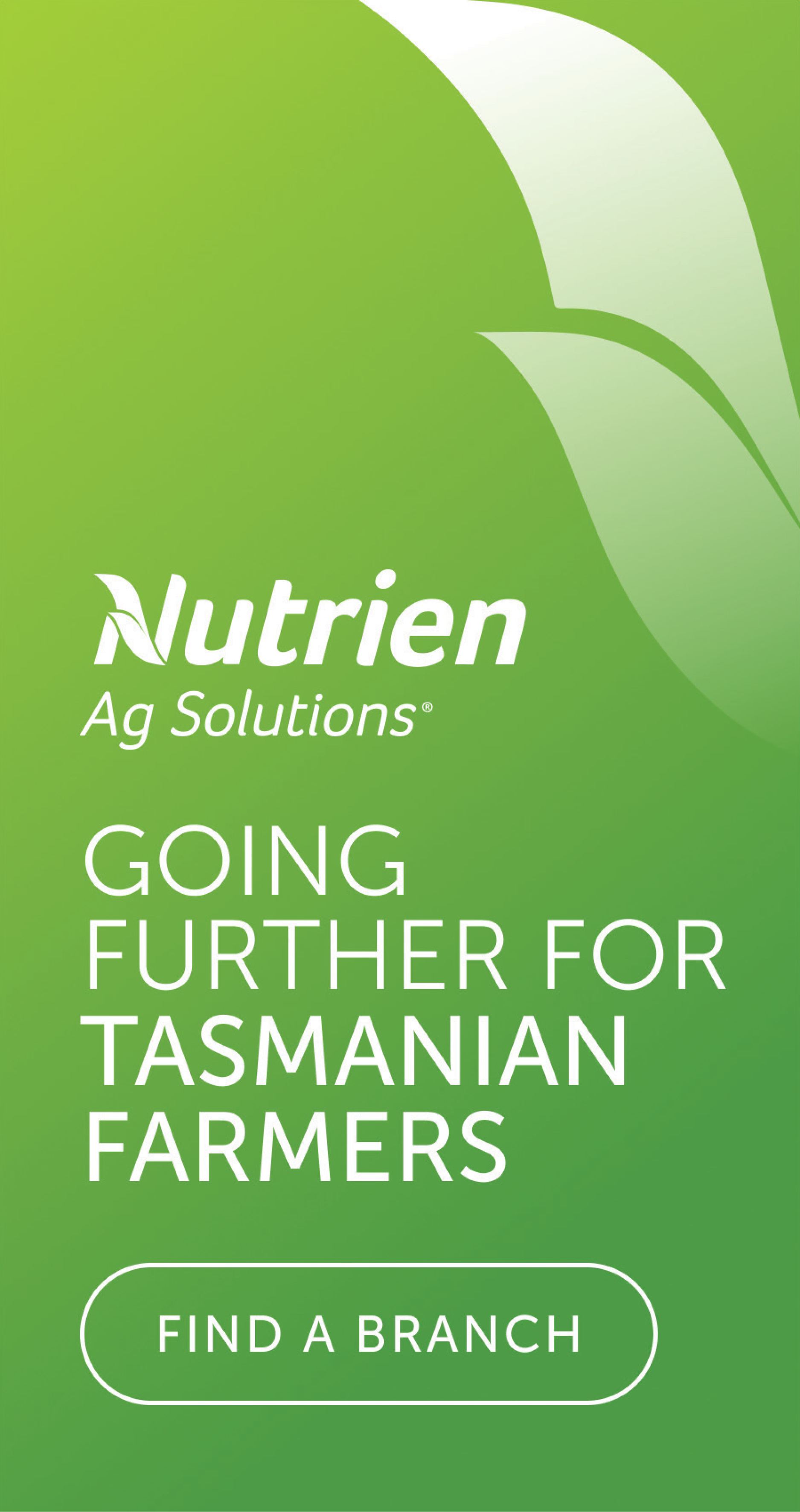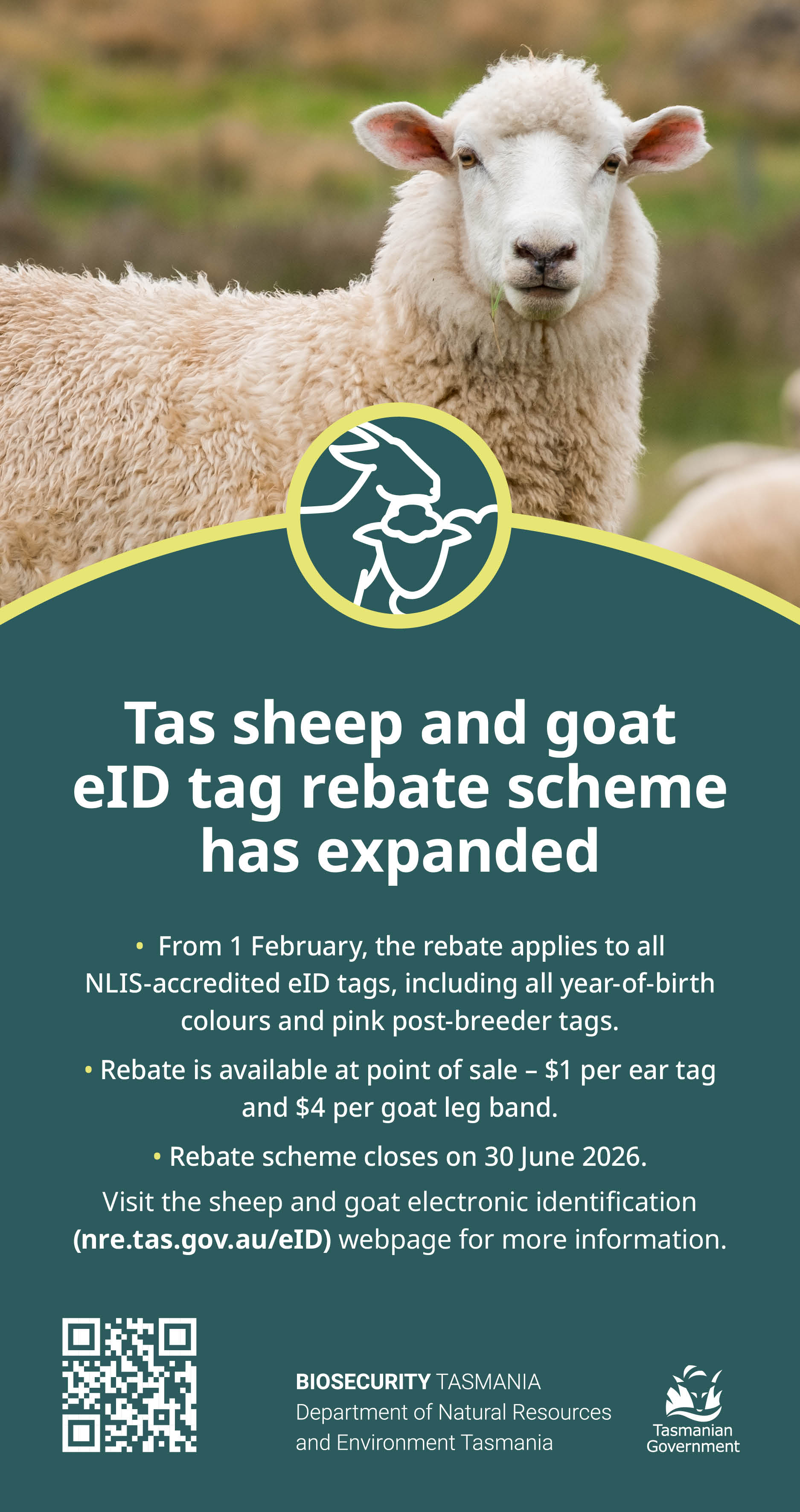TasFarmers Matters - Imports in unfair food fight

Australians should not have to rely on overseas countries for our food security.
Here in this country and indeed in this state, our farmers grow more than enough for our sovereign needs and export significant amounts of produce to the world, notably meat and milk products.
Yet figures sourced from the Australian Bureau of Statistics show that Australia imported 232,419 tonnes of frozen vegetables in 2024.
This represents a 20 per cent increase in volume from 2023, but only a corresponding three per cent increase in value. In short, that means imports are increasing in volume significantly but are also getting ominously cheaper.
These are vegetables that we could have, and should have, grown here to the highest of standards, unlike the countries of origin for many of the frozen imports.
The frightening thing is that many of these products are imported from countries with no regulations on how they are grown, including the types of fertiliser or chemicals used.
Worryingly, 218,306 of those tonnes are frozen potato products, such as French fries and low-quality oven ready foodstuffs.
It is likely that many are on supermarket shelves under plain label brands, especially in cut price retailers.
Fast food restaurants like McDonalds are openly proud of their Australian grown and processed French fries, whereas others, like Hungry Jacks, do not disclose where their fries are sourced.
These imports will drive the viability of Australian grown vegetables down to the point where fewer growers will take the risk and effort to grow our staples here.
As many fresh vegetable suppliers to the two main supermarkets would be acutely aware, there is no such thing as consistent pricing.
The price you got today for your broccoli might be cut significantly tomorrow.
Today’s harvest sees a profit, tomorrow’s sees a loss. So, who is driving this race to the bottom?
It’s a very good question and one with many different answers.
While vegetable growers have price struggles with the major processors, they in turn have their struggles with their customers, principally the large supermarket duopoly.
In some ways the supermarkets are happy for farmers and processors to be arguing over price as it takes the public pressure off them as they continually source cheap overseas food to maximise their profits.
While the pea, bean, pyrethrum and potato sectors benefit from TasFarmers’ ACCC exemption that allows for the collective bargaining between growers and processors to enable as fair and reasonable outcome for Tasmanian growers as possible, other vegetable growers essentially have to bargain on their own with huge corporations.
The excuse for the big supermarket chains is that they are seeking the cheapest price for the consumer.
But at what cost?
The likely conclusion is that eventually Tasmanian growers will be forced out and consumers will be eating products grown elsewhere with little or no quality oversight.
Who wins in the end?
One thing for sure, it isn’t the Tasmanian farmer.




Add new comment